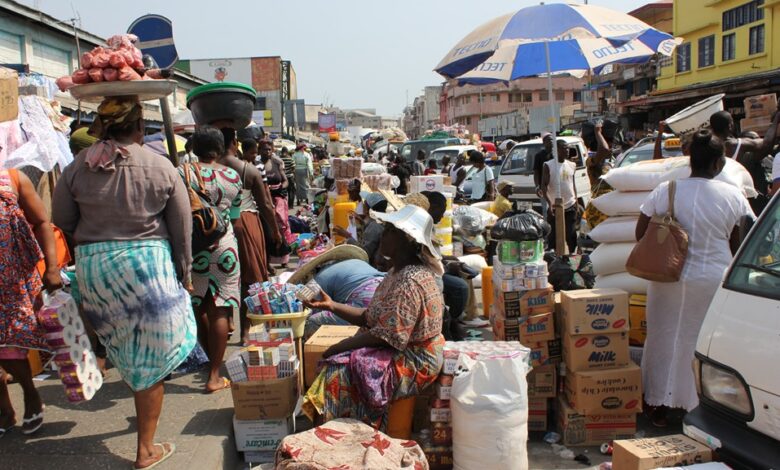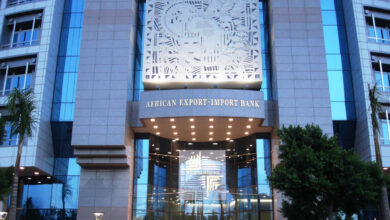Ghana’s Economic Turnaround Gains Pace as Inflation Falls to 12.1% and Cedi Strengthens

Ghana’s economy appears to be turning a corner as 2025 unfolds, with falling inflation, a stabilising currency, and revived investor confidence brightening the outlook for businesses and households alike.
According to the 2025 Half Year Market Report by UMB Stockbrokers, headline inflation fell sharply from 23.5% in January to 13.7% in June and dropped further to 12.1% in July 2025, its lowest level in more than three years. For ordinary Ghanaians, this has translated into slower increases in the cost of goods and services, with June even recording month-on-month deflation the sharpest being a 1.2% fall in overall prices and 1.8% drop in non-food items.
Stronger cedi, cheaper imports
The Ghana cedi also staged an impressive comeback, closing June with a year-to-date appreciation of over 42% against the US dollar, making it one of the best-performing currencies globally during the period. This appreciation driven by strong export performance, increased remittances, and coordinated fiscal and monetary measures has eased imported inflation and helped moderate prices of fuel and other essentials.
For businesses heavily reliant on imported raw materials and equipment, the stronger cedi has reduced operational costs and improved planning certainty.
Monetary policy staying cautious
Despite the improvements, the Bank of Ghana maintained its policy rate at 28% in the first half of 2025 to guard against an inflation rebound. This stance has helped anchor investor confidence but kept borrowing costs high for SMEs and consumers. With inflation now at 12.1%, analysts expect cautious rate cuts could be on the horizon if the downward trend holds.
Equities gain momentum as bonds cool
Investors appear to be shifting strategies as government security yields decline. Treasury bill rates fell sharply to around 15% by June 2025, from over 25% a year earlier. With fixed-income returns softening, the Ghana Stock Exchange posted a 27.8% year-to-date gain, driven by surging financial sector stocks and strong trading volumes.
This rotation creates opportunities for long-term investors and pension funds to diversify and take advantage of the equity market’s rebound.
Relief, but cautious optimism
With inflation easing to 12.1%, a stronger cedi, and a rallying stock market, both businesses and households are beginning to feel some relief. However, the report warns that rising import demand, external market risks, and upcoming debt service obligations in the second half of the year could still challenge the recovery.
Still, the tone is hopeful. “If current trends continue and fiscal discipline is maintained, we could see a sustainable recovery that benefits more sectors of the economy and restores confidence across the board,” the report notes.
For businesses, now may be the time to reassess strategies, explore equity financing, and lock in gains from a more predictable macroeconomic environment. For everyday Ghanaians, slower price increases and a stronger cedi offer welcome breathing space after years of economic turbulence.




